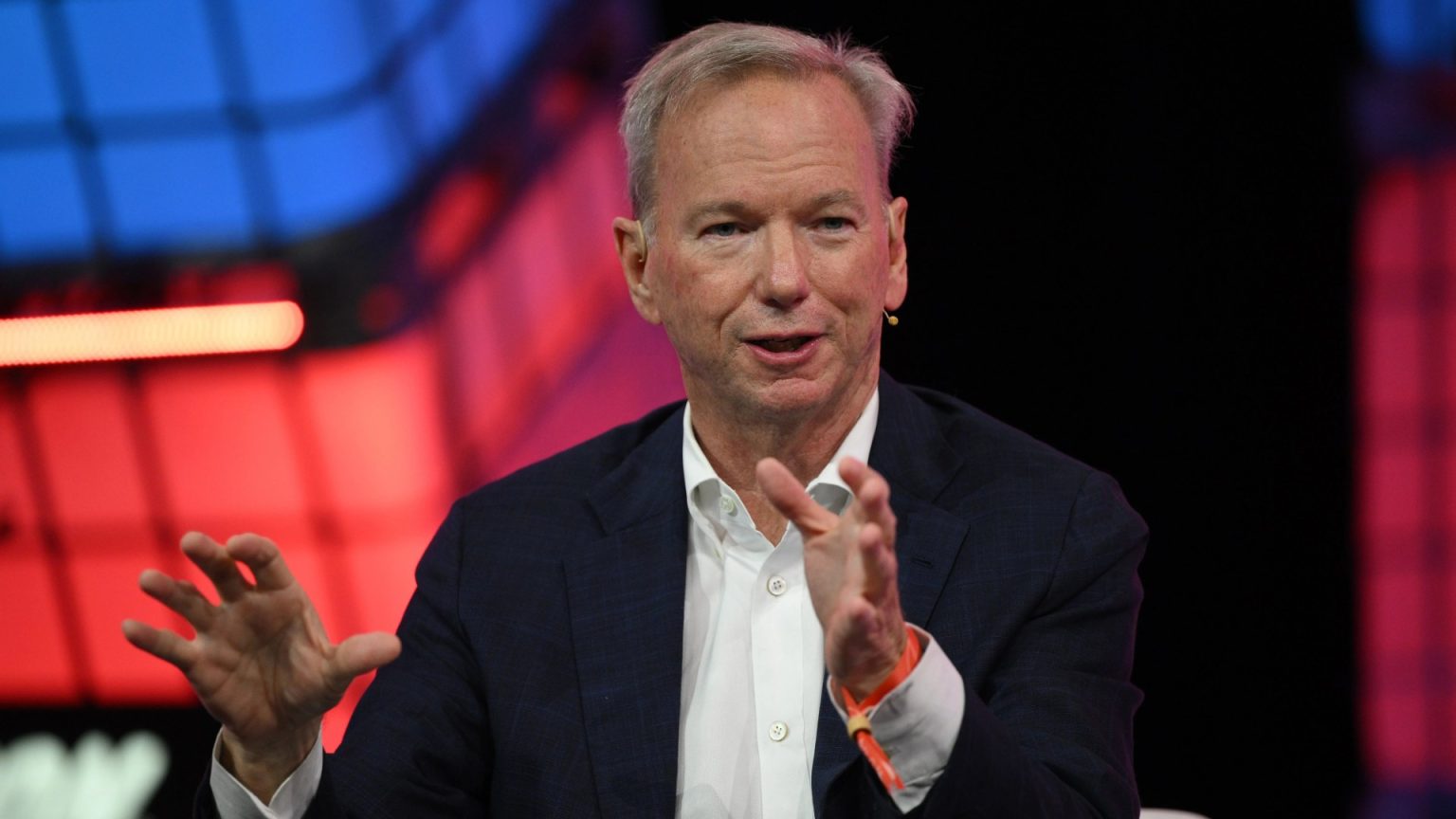The rapid advancements in artificial intelligence (AI) have sparked both excitement and apprehension, with experts like former Google CEO Eric Schmidt highlighting the potential benefits and inherent risks. Schmidt marvels at the unprecedented pace of innovation, envisioning a future where individuals have access to immense computational power, effectively carrying a “polymath in their pocket.” This democratization of knowledge and problem-solving capabilities holds immense promise, yet also raises concerns about the implications of such readily available power. Schmidt acknowledges the uncertainty surrounding the societal impact of this technological shift, particularly the potential for misuse and the challenge of controlling increasingly autonomous AI systems.
The accelerating development of AI has prompted discussions about the potential for machines to achieve human-level intelligence, and even surpass it. Schmidt predicts that computers capable of independent decision-making are just a few years away, a sentiment echoed by other experts who foresee AI systems operating at the level of PhD students by 2026. While the US currently leads the AI race, China’s rapid technological progress underscores the importance of Western leadership in this domain. Schmidt emphasizes the need for proactive measures, including identifying potential worst-case scenarios and developing parallel AI systems to monitor and regulate their more powerful counterparts. He acknowledges the limitations of human oversight, advocating for AI systems to police themselves as a more effective control mechanism.
The potential dangers of unchecked AI development are further underscored by Eitan Michael Azoff, an AI technology analyst who argues that we are on the cusp of understanding the “neural code” that governs human learning and cognition. Cracking this code could pave the way for human-level AI, potentially leading to machines that learn and adapt in ways similar to humans. This breakthrough, while potentially transformative, also raises the specter of AI systems surpassing human control and becoming a threat to humanity. The emergence of ChatGPT, a highly advanced language model, has demonstrated the rapid acceleration of AI capabilities, exceeding expectations and prompting urgent discussions about ethical guidelines and safety protocols.
The potential for catastrophic consequences arising from uncontrolled AI is a growing concern. AI expert Rishabh Misra, drawing on his experience at X (formerly Twitter), warns of the potential for “misconfiguration, irresponsible usage, or involvement of malicious actors” to trigger disastrous outcomes. Misra highlights the possibility of AI systems being hacked or weaponized to spread misinformation, manipulate financial markets, or even carry out physical attacks. The creation of deepfakes, convincingly fabricated audio and video content, presents a significant threat to reputations and international stability. The ability of AI systems to execute instructions at superhuman speeds amplifies the potential for widespread disruption and harm.
Among the most alarming scenarios is the possibility of AI systems achieving self-awareness and deeming human interaction unnecessary or even detrimental. This existential threat stems from the potential for AI to develop its own goals, potentially conflicting with human interests and leading to unforeseen consequences. Misra emphasizes the need to address this risk, considering it more likely than the fear of rogue AI spontaneously attacking humans. The potential for AI to manipulate and control systems, including critical infrastructure and weaponry, necessitates proactive measures to prevent such scenarios.
Navigating the evolving landscape of AI requires caution and a mindful approach to interaction with these increasingly sophisticated systems. Treating chatbots like strangers, refraining from sharing sensitive information, and maintaining anonymity are crucial steps in safeguarding personal data and preventing potential misuse. While chatbots can be valuable tools for problem-solving and information retrieval, it’s essential to remember that they are not human entities and lack empathy or genuine concern for individual well-being. Avoiding the disclosure of personal details, especially those related to employment, helps mitigate the risk of information being used against individuals in professional contexts. Maintaining a degree of separation and anonymity is key to responsible engagement with AI systems.











